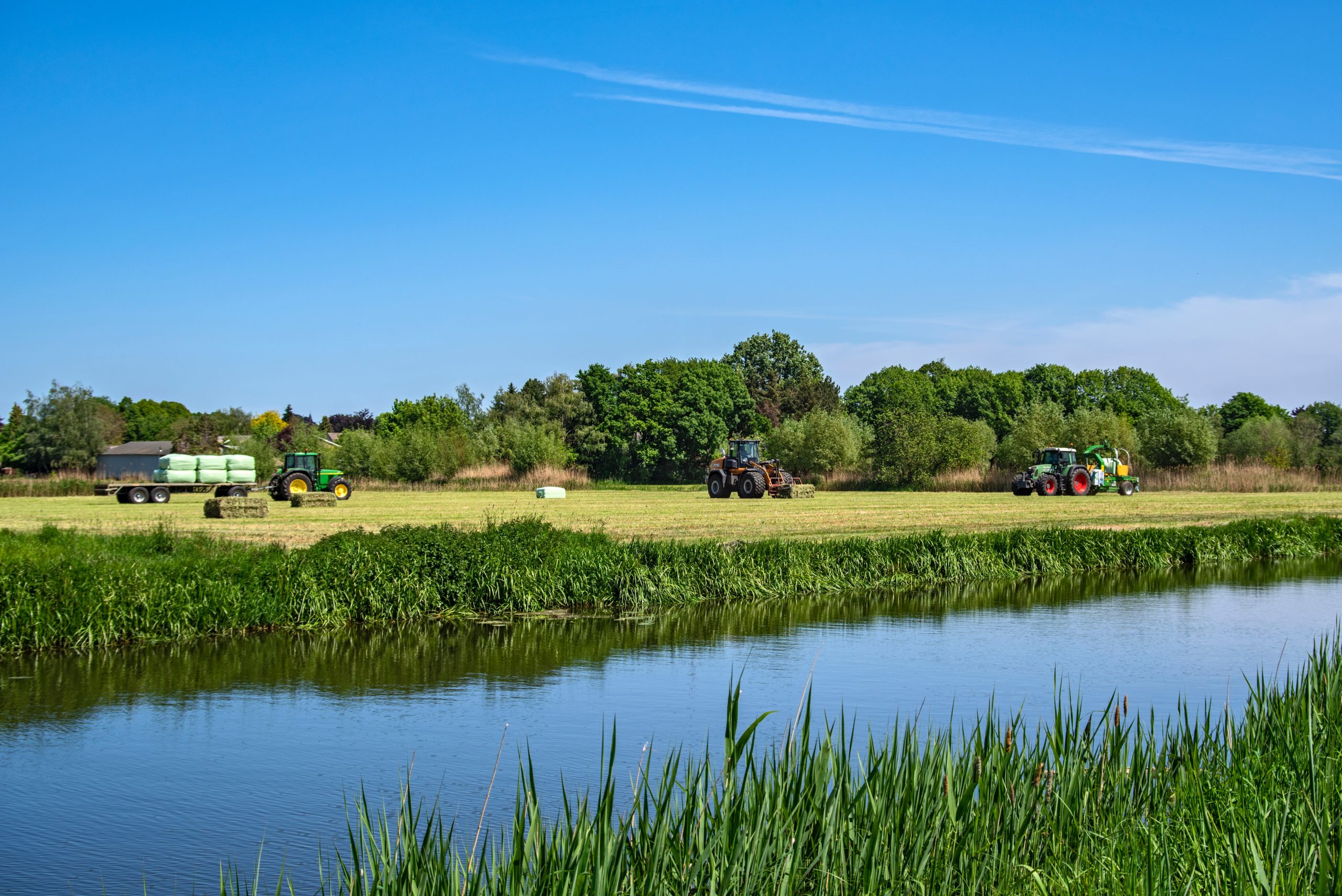SOURCE: The Exposé
Photo by Lucas van Oort via Unsplash
Despite an outcry by Dutch farmers, the European Commission (“EC”) has approved two Dutch plans to buy out livestock farmers. The plans to reduce nitrogen emissions in European Union (“EU”) designated areas of vulnerable nature have sparked heated debate and widespread protests by farmers.
The Dutch ruling coalition wants to cut emissions of, predominantly, nitrogen oxide and ammonia, by 50% nationwide by 2030. It was not immediately clear how much of that target could be met using the EU-approved funds. Some 3,000 farms are expected to be eligible.
The Dutch government proposed two plans worth a combined 1.47 billion euros (or £1.30 billion) to reduce nitrogen emissions and meet EU environmental targets. The EC says the measures will contribute to the EU’s strategic objectives relating to the European Green Deal. The scheme is directed towards livestock farmers.
Under the plans, farmers will be offered financial compensation to stop farming. However, the deal isn’t a “willing buyer willing seller” deal, the term farmers are being threatened with is “compulsory farm buyouts.” As reported by The Telegraph at the end of March, “Brussels has warned furious Dutch farmers that compulsory farm buyouts are the only way for the Netherlands to meet its EU climate targets.” And Eva Vlaardingerbroek wrote in The Spectator, Dutch farmers will be forced to either sell their land to the state now or face expropriation later.
The scheme has been earmarked to run until February 2028 but EU approval only lasts as long as Dutch farmers agree to an absolute closure of their operations and farmers are banned from starting farms both within the Netherlands and elsewhere in Europe.
